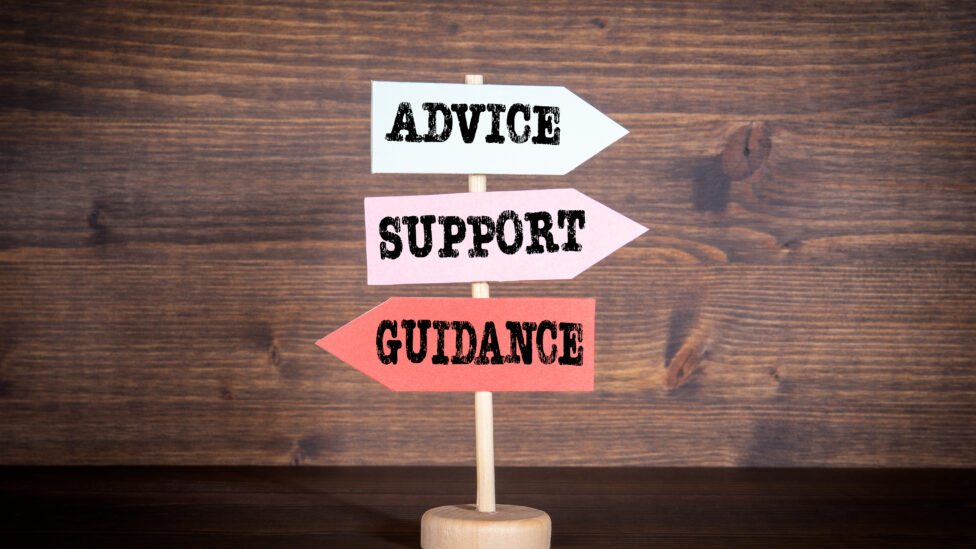It’s crucial all employers understand how to best support their employees who may be dealing with menopause.
Women over the age of 50 are the fastest-growing demographic in the workforce, according to the Chartered Institute of Personnel and Development, and Bupa says 900,000 women in the UK have quit their jobs as a result of menopause.
But as an employer, by engaging with and supporting women through perimenopause and menopause you can retain valuable skills and talent, reduce sickness absence and ensure female employees remain in work.
Understanding menopause
Menopause occurs at the average age of 51, but symptoms can be experienced earlier or later than this, while perimenopause (the lead up of symptoms) can take up to 10 years.
It can leave women battling a mixture of physical and emotional symptoms, affecting their overall well-being. These symptoms can differ from person to person, but some include:
- Hot flashes
- Insomnia
- Tiredness
- Heart palpitations
- Poor memory
- Joint pain
- Itchy skin
- Anxiety
- Difficulty concentrating
A ‘Driving the Change: Menopause and the Workplace’ report by employee benefits platform Circle In found that 70% of respondents who have experienced menopause didn’t feel comfortable discussing it with their boss, while 73% said their stress and anxiety levels were higher at work, and 76% said they would have liked more information, advice and access to support at work.
How you can support
Whether you have a small or large team, making sure all members of staff are trained on helping colleagues going through menopause will make your store a more welcoming and supportive environment.
This can include:
- Learning to talk and listen sensitively
- Asking people how they are on a regular basis to create an open and inclusive culture, and encourage someone to raise any concerns
- Understanding how different stages of perimenopause and menopause can affect your team
- Working out which support and workplace changes can be made available
- Fostering an inclusive working environment in which everyone is treated fairly
- Using posters or newsletters to increase awareness and support
- Holding regular, informal chats between managers and employees
- Being open to flexible working and shift changes, where possible
- Ensuring easy access to washroom facilities
If you or someone you know is being impacted by menopause, GroceryAid also offers help through free access to RightSteps’ Online Health and Wellbeing Platform, which contains a Find Out More guide and bitesize learning module on menopause.



Comments
This article doesn't have any comments yet, be the first!